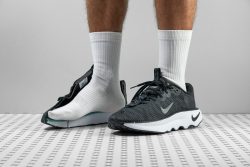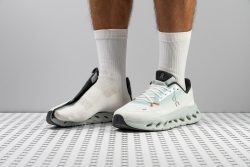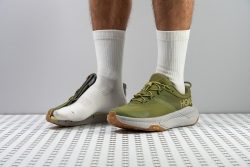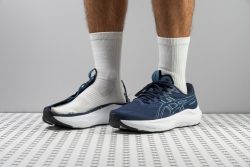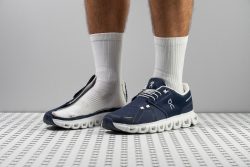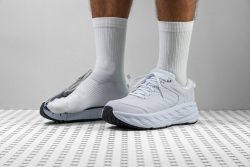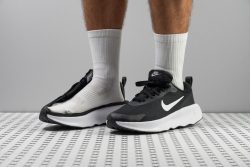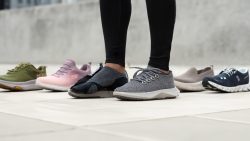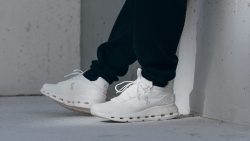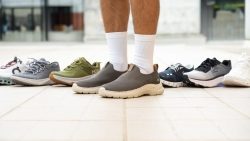7 Best Walking Shoes in 2025
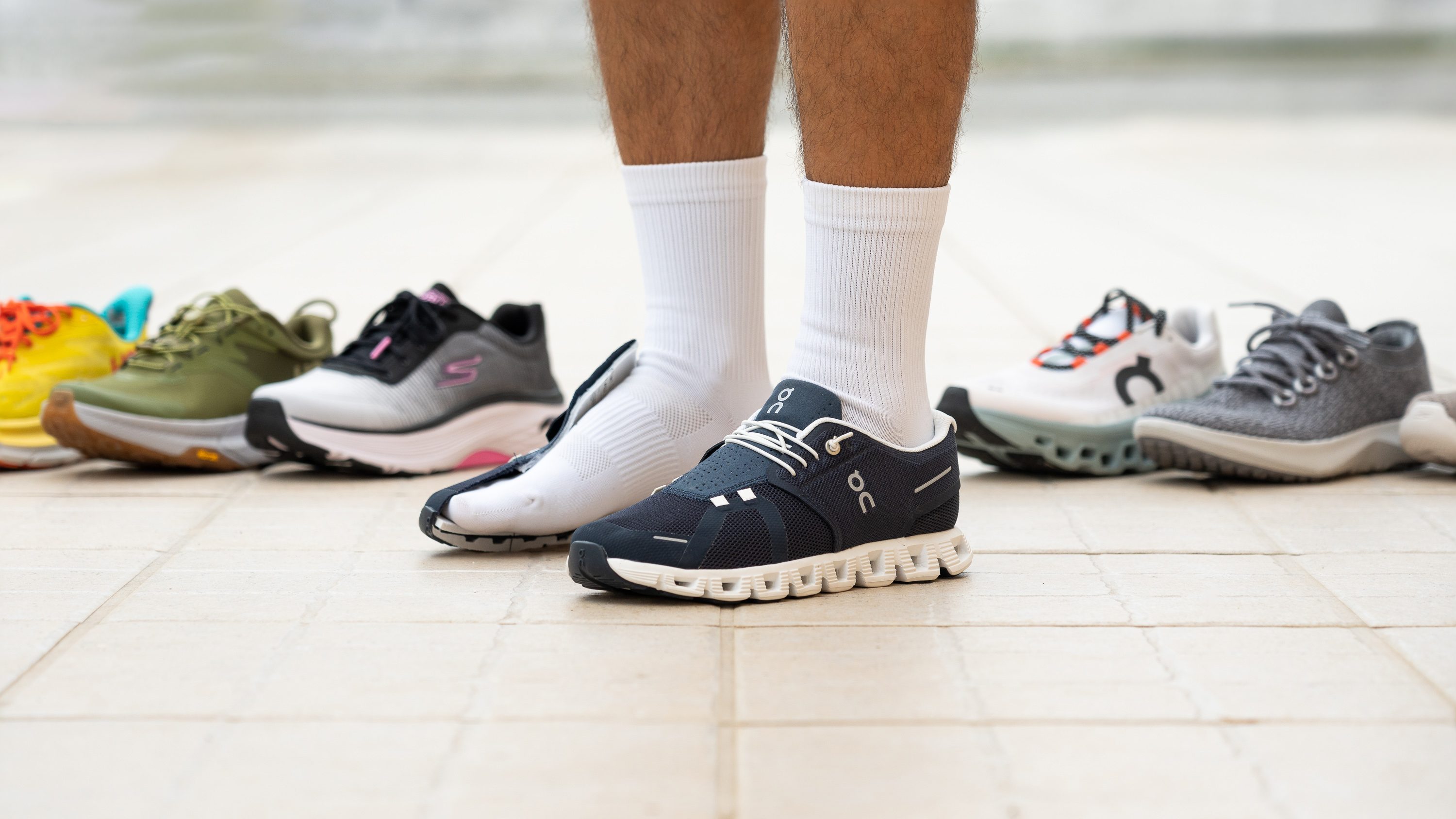
We buy shoes ourselves. We earn commissions when you buy through us, at no extra cost. Why trust us
Walking is rarely considered a fitness activity on its own. That’s why people usually use their running shoes or gym trainers for taking strolls and getting around. And these shoes do get the job done in many cases.
But when your feet start craving more comfort and support in your daily walks, it’s time to consider a dedicated walking shoe.
We have walked in the walking shoes, cut them in half, ripped them apart, and used many lab instruments to test, measure, and assess 20+ parameters, and all this to help you find the best one. Understanding that people may expect different things from their walking shoes, we have selected top picks in different categories.
How we test walking shoes
We are a team of shoe fanatics who have dived into the nitty-gritty details of numerous walking shoes to deliver you the most comprehensive reviews. What's more, we bought every shoe with our own funds!
Our reviews would not be complete without our lab tests. Subjecting shoes to over 20 different tests, we get rare and valuable data that cannot be provided by a few days or even weeks of regular wear testing. Shock absorption, flexibility, breathability, and toebox width are just a few examples!
But it doesn't stop there: we delve even deeper by cutting the shoes in half to obtain other quantitative data, such as stack heights.
Best walking shoes overall
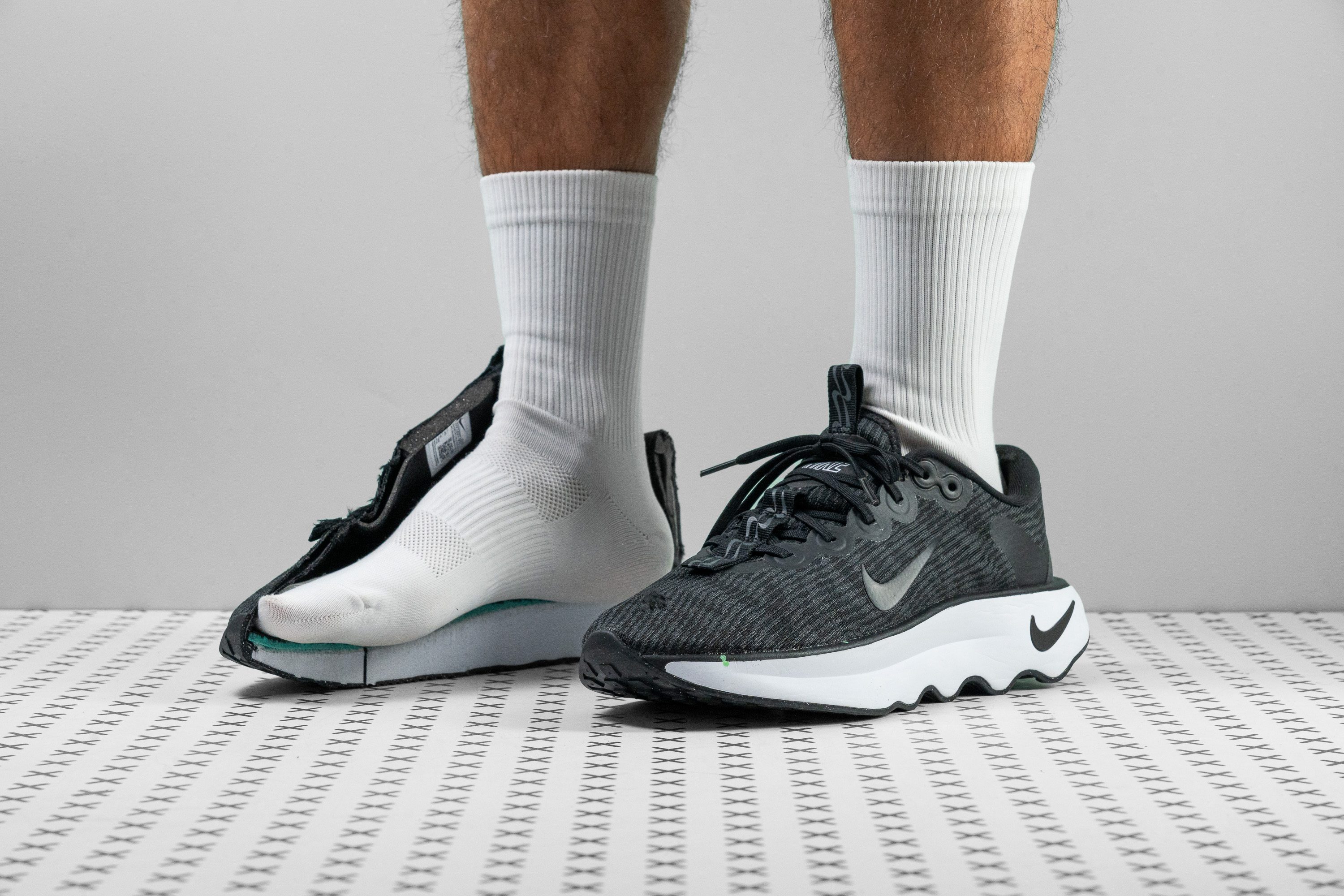















































What makes it the best?
Motiva is Nike’s first dedicated walking shoe and it impressed us greatly in our lab and wear tests, making it our top choice among all walking shoes we've tested so far! Its design stands out from the rest, yet its luxurious cushion, smooth transitions, and robust outsole make each walk truly enjoyable.
We felt like we were on cloud nine as we stepped into the thick and squishy cushion. The stack rises to an above-average 34.9/25.6 mm with a light composition that provides exceptional relief. Our shock absorption test shows it's highly protective, with a solid 133 SA score. The wavy sole also levels up the compression for added underfoot protection.
At first glance, Motiva's pronounced rocker stands out. However, wearing the shoe amplifies its effect, offering seamless heel-to-toe transitions with each stride. To maintain the forward momentum, we expect the midsole to be quite stiff. Our bend test confirms it’s 43.1% stiffer than average.
Motiva shows unwavering support from dry to wet pavements, offering traction with its waffle-like pattern. It barely shows any wear after our tests so we expect it to last hundreds of miles. Motiva combines a 21.4% tougher-than-average 92.0 HC outsole with a thicker-than-average 3.0 mm rubber, cementing its durability.
Visually, we noticed the sole tends to crease easily because of its softness. However, we believe this won't significantly impact its performance, except for heavier runners who might experience premature cushion compression.
Pros
- Rocker makes for effortless walks
- Audaciously plush cushioning
- Extra lively and bouncy ride
- Out-of-the-box comfort
- Very wide and stable base
- Durable outsole
- Amazing wear resistance in the upper
Cons
- Lacks breathability for hot weather
- Sole develops wrinkles easily
- Rocker takes time to get used to
- Lacks grip on wet surafces
Walking shoes with the best shock absorption
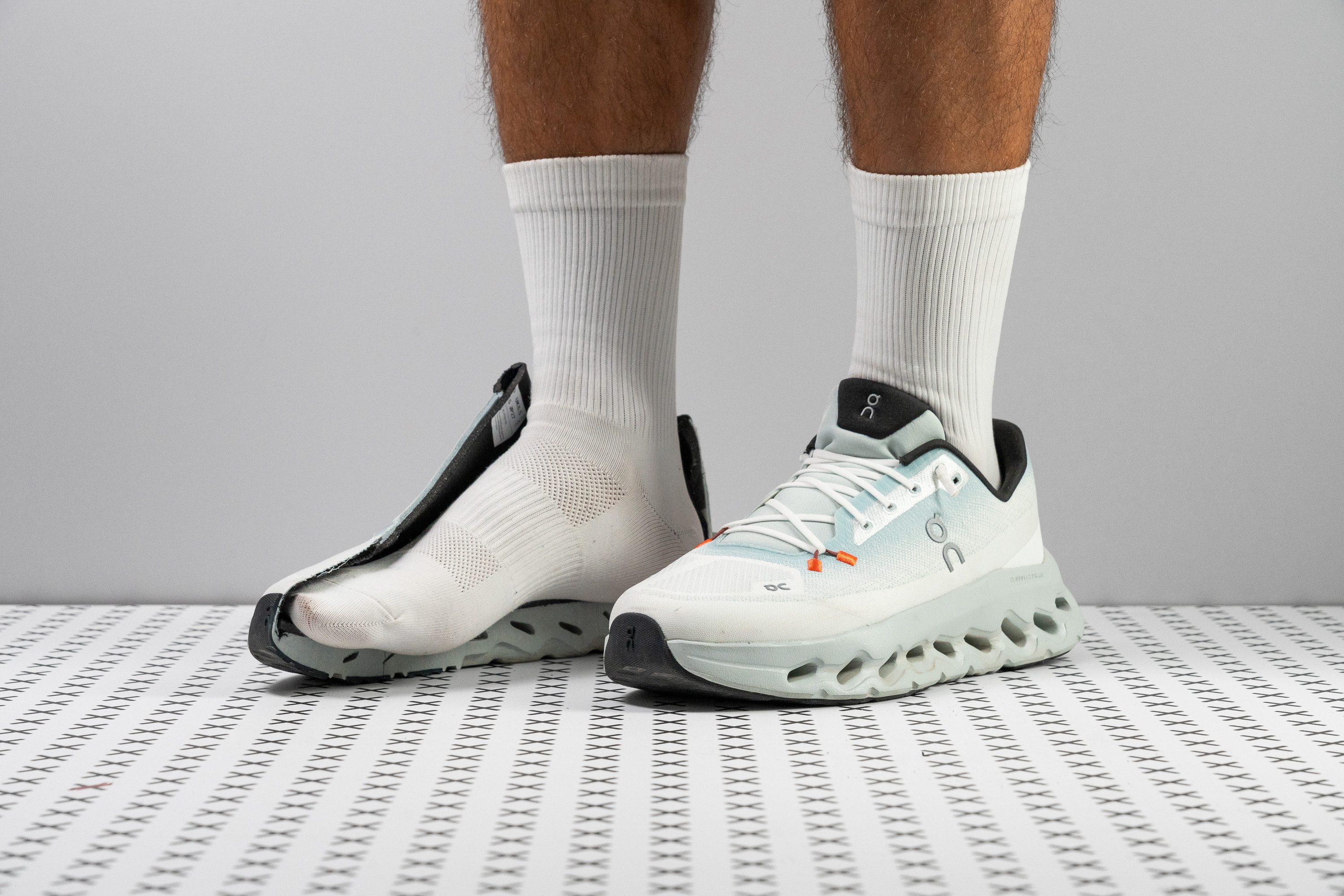






















































What makes it the best?
The On Cloudtilt offers unparalleled comfort, and its superior shock absorption among walking shoes we tested on foot and in the lab won us over. Besides its luscious stack, it's surprisingly lightweight and stable, keeping us free from fatigue and worries.
Multiple hours on foot don’t seem long in the Cloudtilt. It offers a pain-free experience and takes the load off our legs with its exceptional impact protection. In our shock absorption test, it received a high 132 SA score, 18.9% better than average. In addition, it has a generous 35.5/26.8 mm slab of foam taking care of our feet.
Another factor that enhances comfort is its light build. Our scales show it’s only 9.4 oz (266g), 7.0% below the average walking shoe, making it easy to move with.
It features a wide base, 117.7 mm in the forefoot and 96.7 mm in the heel, which not only improves comfort but also our stability. Cloudtilt ensures that we can walk around mindlessly, and it will take care of the rest.
However, Cloudtilt’s comfort shines only in cool weather. With a low 2/5 breathability score, we can’t recommend it for the summer season.
Pros
- Plenty of cushioning for long hours on feet
- Soft yet bouncy ride
- Feels nice and light on foot
- Abrasion-resistant upper and outsole
- Wide and steady platform
- Excellent outsole grip
- Easy on-and-off with bungee laces
- Upper made of recycled material
Cons
- Not very breathable
- Flimsy inner lining and insole
Best city-to-trail walking shoes
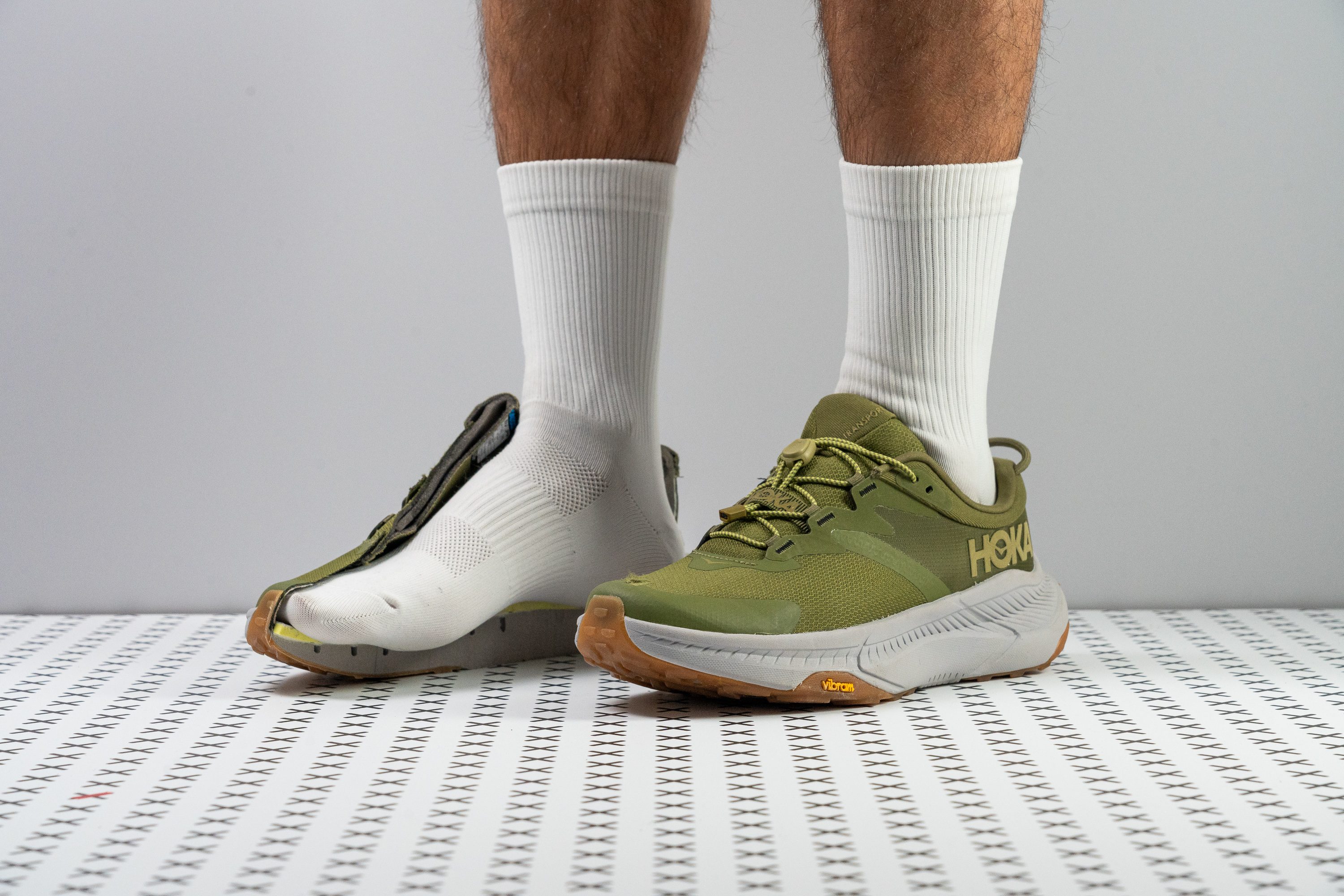





































What makes it the best?
The Hoka Transport ensures we’re comfortably and securely brought from one place to another. Its plush cushioning and smooth rocker allow us to go far, while lab tests show its stable base and grippy Vibram rubber keep us safe from the streets to gravel paths, making it our top trail walking shoe for city-to-trail adventures.
The Transport is an ideal place to be in all day, every day. It has a thick cushion supporting us, with precise caliper measurements of 34.1/26.1 mm. Moreover, the cushion itself reduces the forces of each landing, verified by its impressive shock absorption result of 116 SA in the heel.
The twist-resistant base ensures steady footing, with its high 4/5 torsional rigidity score in our manual test. Moreover, its 92.5 mm heel is broader than average, giving us more room to find our footing securely. To smooth out the ride, the midsole has a prominent rocker that rolls us forward effortlessly.
Whenever we encountered wet sidewalks or loose gravel, we felt in control of each step thanks to the Vibram outsole underneath. This type of rubber is pretty much synonymous with strong traction based on our lab tests, and it never failed us during our strolls.
With its limited breathability, the Transport will only feel good in cool weather. To avoid unpleasant heat build-up, we advise using other pairs in the summer.
Pros
- Well-cushioned for all-day wear
- Spacious toe box
- Superior traction
- Reliable outsole durability
- Easy to slip in and out
- True-to-size fit
- Easy to clean
- Sustainable
Cons
- Not great for warm weather
- Squeaky during break-in
Walking shoes with the best arch support
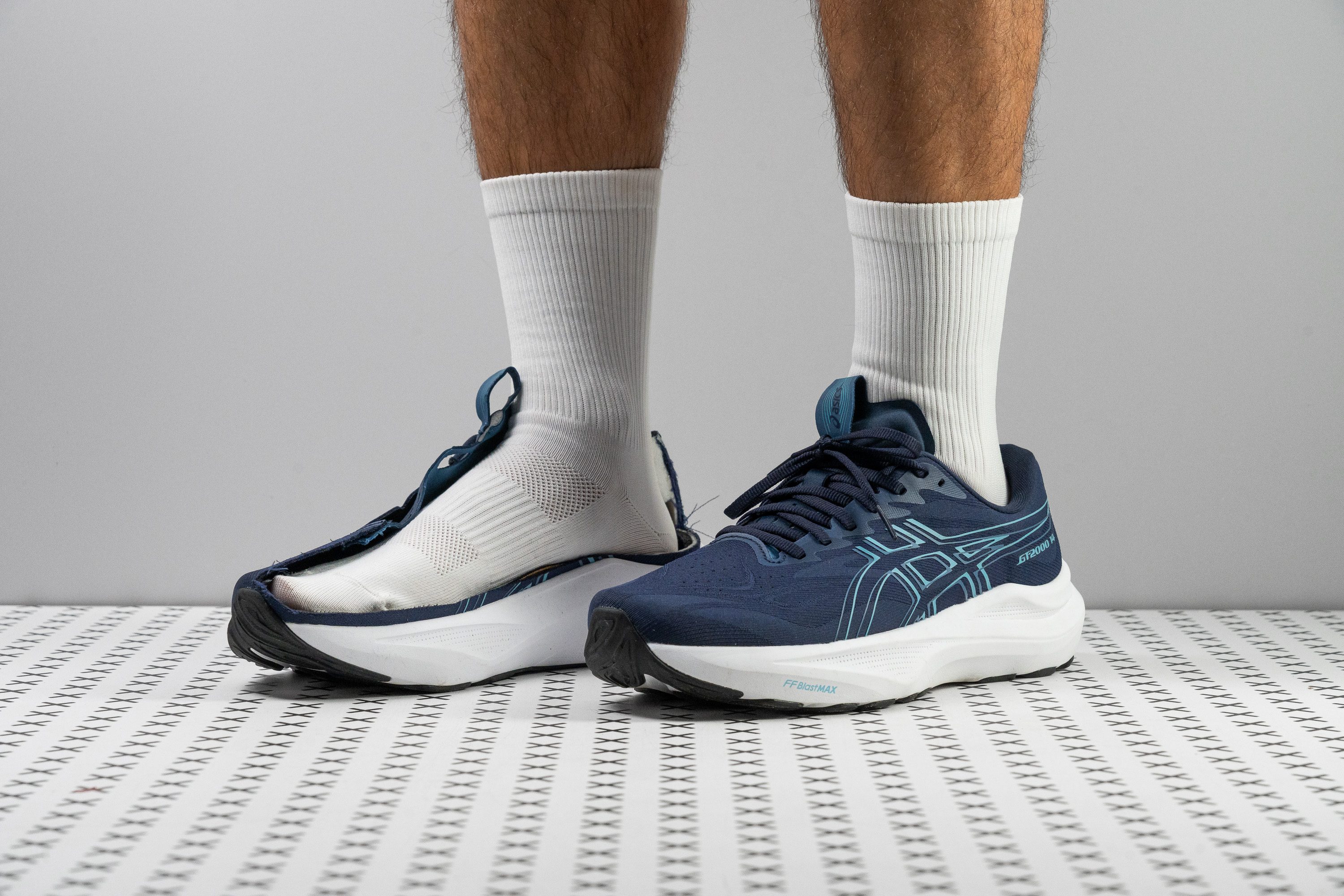
















































What makes it the best?
Countless hours of lab and wear tests allowed us to discover the walking shoe with the best arch support: the ASICS GT 2000 14. Our feet appreciated the support this shoe brings, both in comfort and stability. It surprisingly preserves in-shoe pleasure and flexibility despite the presence of the 3D Guidance System.
Our arches are well-cradled inside the shoe’s generous stack. Our caliper reveals above-average measurements of 36.9/28.2 mm. But what truly enhanced its highly cushioned sensation are its impressive shock absorption levels of 132/110 SA in the heel and forefoot, respectively, allowing us to stay long hours on foot without taxing our muscles.
Allowing us to distribute our weight and secure our footing is the 3D Guidance System, which relies on high sidewalls in the midfoot and a wide 117.6/97.1 mm platform. It’s resistant to ankle twists, evidenced by its 4/5 torsional rigidity score in our manual assessment.
In terms of forward movement, this shoe thankfully has more give. Our bend test shows it needs the same force as average (15N) to reach 30 degrees, boosting comfort and versatility.
However, its lack of ventilation limits its comfort to cooler seasons only. We recommend those in tropical weather to find a more breathable shoe.
Pros
- Improved FF Blast Max foam
- Outstanding outsole durability
- Stable design without feeling intrusive
- Reasonable weight
- Same price maintained despite upgrades
- Well-crafted, supportive upper
- New outsole design improves flexibility
- Dependable traction
Cons
- Limited breathability
- Tapered toebox may feel restrictive
- Still lacks a truly energetic ride
- PureGEL doesn't add much value
Best walking shoes for travel
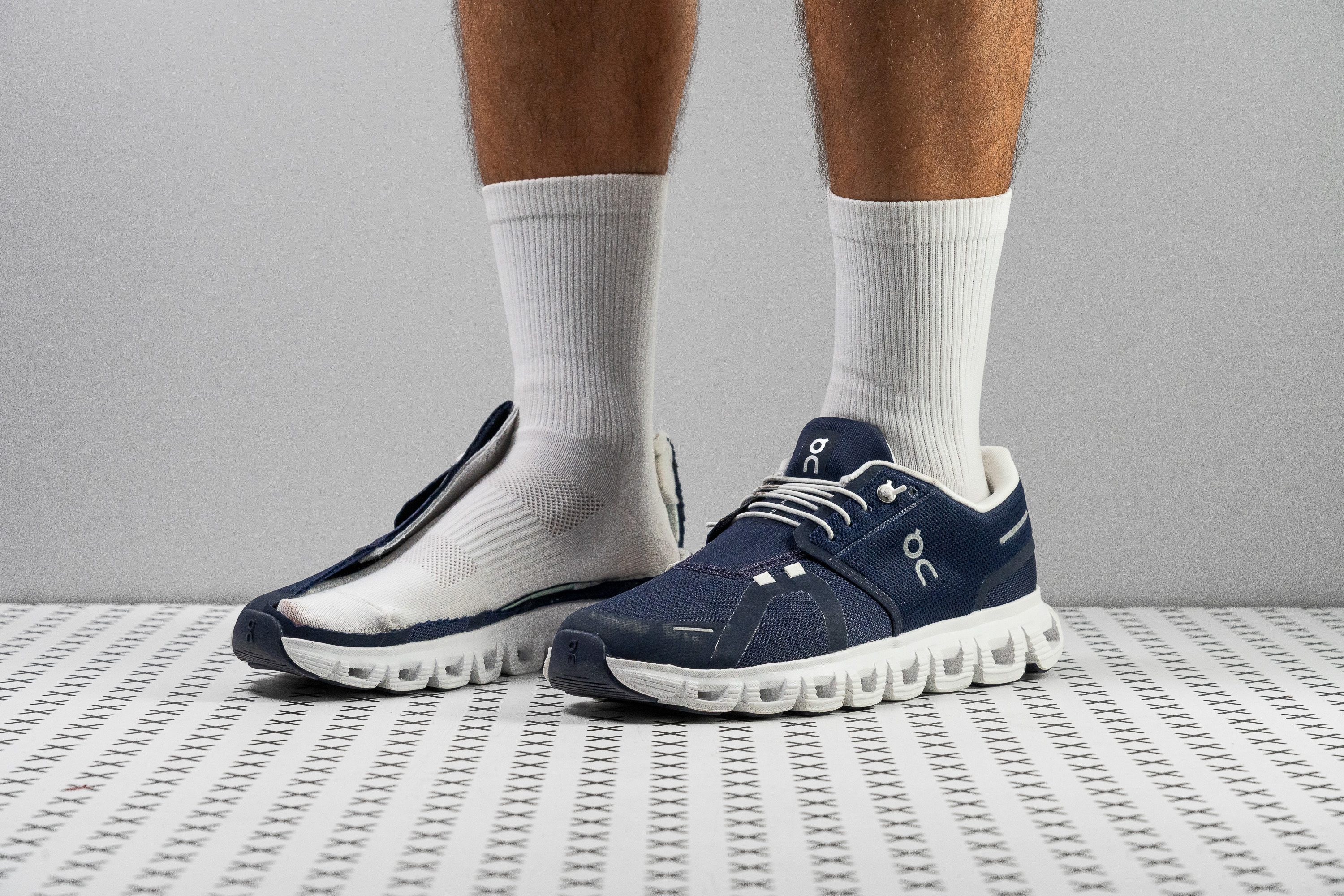














































What makes it the best?
The On Cloud 6 is all about feeling effortless, with its minimalist build and maximum ground feel. It promises stability without adding structure and bulk to the shoe, making it the best travel walking shoe in our lab.
Cloud 6 features a low profile, with precise caliper measurements of 28.3/19.5 mm. It focuses on control, since we have a better sense of the ground, proven by its below-average shock absorption rating of 106 SA.
Because of its slim cushion, it only weighs 9.7 oz (274g), keeping our feet burden-free during back-to-back days of long hours on foot.
It features flex grooves in the outsole that make it highly bendable, proven by our flex test with a result that's 7.9% more pliable than average. Its low resistance makes it comfortable and easy to maneuver.
However, what’s not minimal is its $160 price tag. Travelers on a budget can seek cheaper alternatives with a similar ride.
Pros
- Smooth heel-to-toe transitions
- True to size and width
- Great traction on wet and dry
- Flexible construction
- A bit lighter than average
- Breathable for warm weather
- Promising outsole durability
- Slip-on design with easy on-and-off
Cons
- Steep price hike with minimal changes from the v5
- Not for all-day wear
- Not very supportive
- Upper lacks wear resistance
Best slip-resistant walking shoes
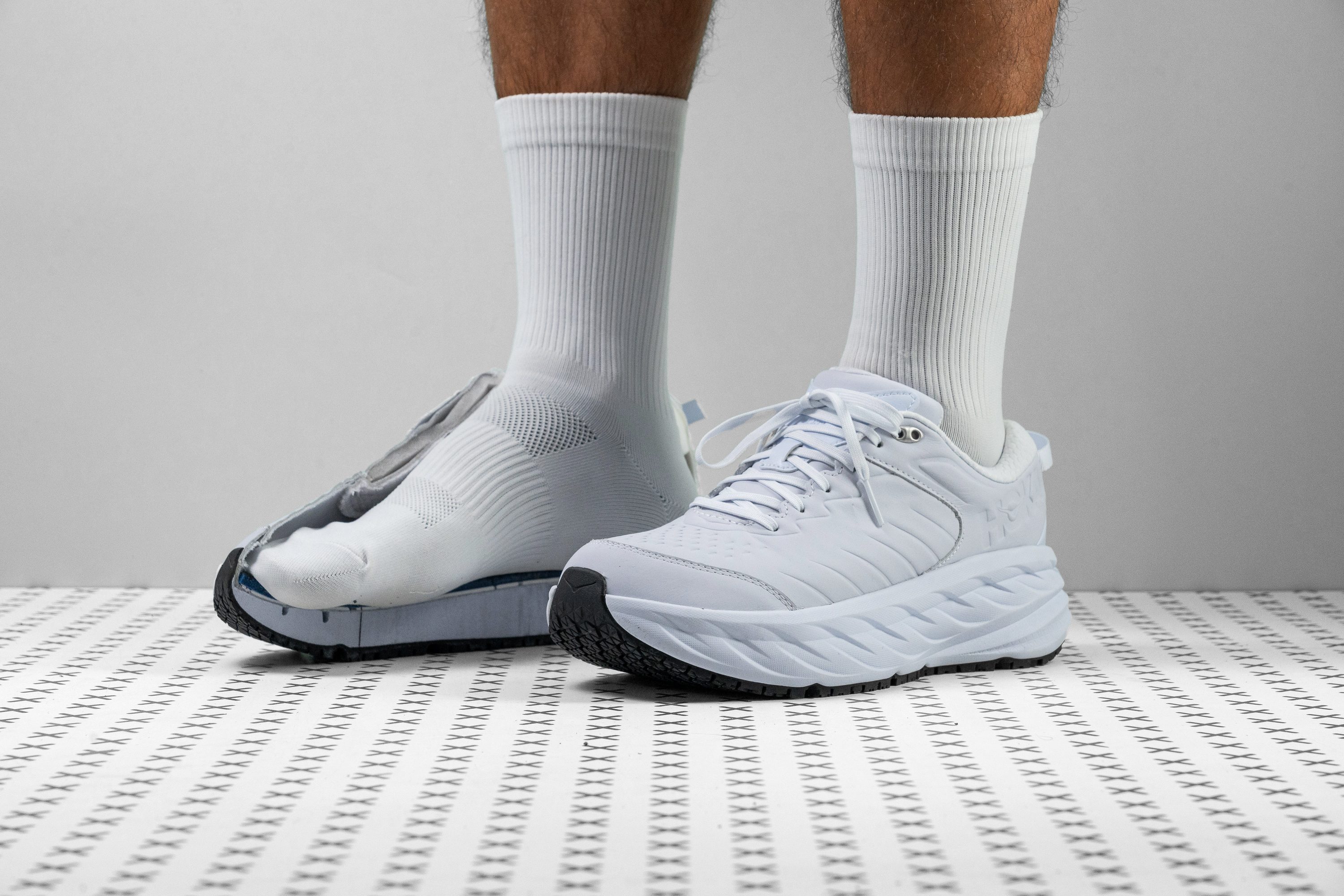










































What makes it the best?
Only one pair got us head over heels when we tested for the ultimate slip-resistant walking shoe and that is Hoka Bondi SR. On the bottom surface, it creates an exceptional amount of friction against glassy surfaces that eradicates any chance of missteps and mishaps. Inside, it’s so inviting that we never want to wear anything but Bondi!To learn more about the non-skid ability of Bondi, we tested it under wet conditions. With a high 0.77 rating, it delivers 67.4% stronger traction than average and allows the shoe to cling hard on tiles and other smooth floors.
Aside from the slip protection, we also got our feet a home whenever we were out racking up the distance. We once again utilized our durometer, but this time we pressed it to the midsole, giving us a 20.4 HA softness, which is 20% softer than average. We also measured the tongue’s padding and a whopping 11.1 mm was recorded by our caliper. Not only did it surpass the average by 177.5% but the overall padding and cushioning rendered us more than satisfied, comfort-wise.
Too bad the Bondi’s upper did not emit the smoke we filled up its interior. Accordingly, we rated its breathability a 1/5, so if you plan on getting Bondi, make sure to use it bearing this information. Otherwise, we recommend choosing a more air-circulated pair.
Pros
- Comfort is off-the-charts
- Extra thick cushioning for all-day support
- Smooth heel-to-toe transitions
- Alleviates foot discomfort (podiatrist approved)
- Stable for a neutral shoe
- Truly slip-resistant outsole
- Superior material quality
- Water-resistant leather upper
- Accommodating toebox
Cons
- Heavy and bulky
- Not breathable
Best budget walking shoes
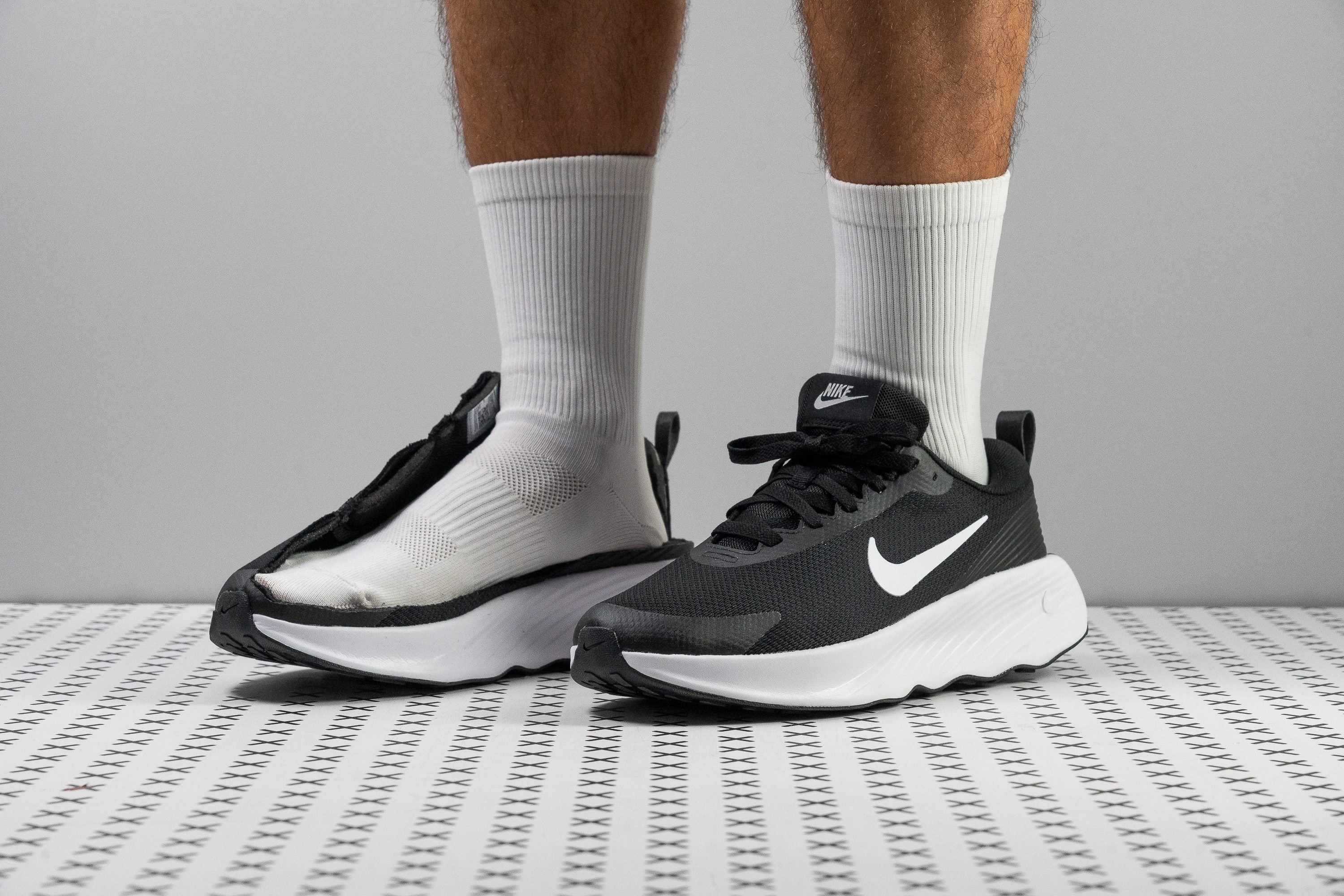













































What makes it the best?
The Nike Promina instantly feels effortless on our initial steps on the platform. At an accessible $65 price, it stands out as our best budget walking shoe, costing way below the average $119 walking shoe in the lab. It smoothly propels us forward, encouraging us to hit our step count by supporting us with a generous amount of cushioning and a breathable embrace.
Its striking feature is its grooved rocker, which stabilizes our strides as we move forward. This helps the shoe feel less bulky, especially with its towering stack height of 36.0/25.3 mm. It offers a zero-pain experience, further verified by its shock absorption score of 111 SA.
While the fabric of the upper looks thick, it actually provides strong airflow. In our smoke test, the vapor escaped at a steady rate, leading to an impressive 4/5 breathability score. Promina feels good to be in all day, without any experience of overheating or sweat build-up.
Unfortunately, its low price comes at the cost of aggressive traction on extra slippery floors. We highly encourage being more conscious of your footing on dusty floors or slick tiles.
Pros
- Solid value for money
- Great shock absorption for all-day wear
- Grooved rocker makes heel-to-toes smooth
- Excellent outsole durability for the price
- Good outsole traction
- Moderate lateral stability
- Breathable for summer
- Contains sustainable materials
Cons
- Upper lacks durability
- Firm-feeling ride
- Snug fit
How to choose walking shoes
First of all, think of how you are going to wear your pair of walking shoes most of the time.
Here are the three most common categories of walking footwear based on their intended use:
Shoes for walking and standing all day
Shoes in this range are meant for walking and standing all day long, be it for leisure, errands, fitness, casual outings, or a trip to Disneyland.
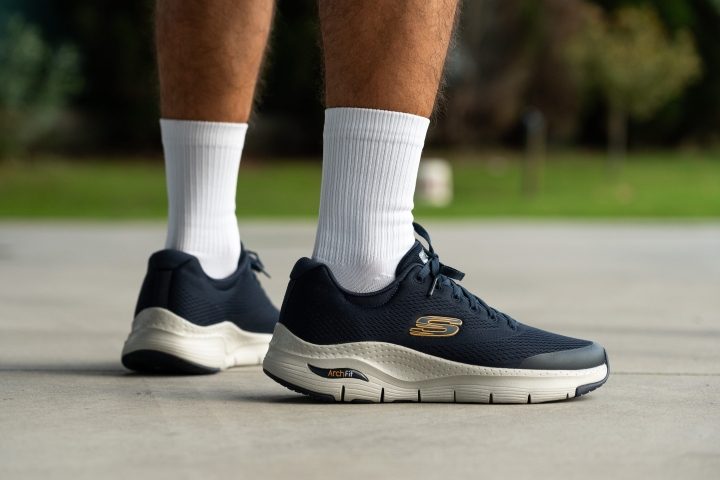
They will keep you comfortable on concrete or any other urban surface, as well as cobblestone, and not too rocky trails.
To make sure these shoes provide enough cushioning and impact protection, we measure the shock absorption of each pair in our lab.
We look for a measurement of at least 100 SA to approve the shoe for all-day wer.
Additionally, you can consider running shoes designed for walking to expand your options. In addition to being comfortable daily beaters, these shoes are fantastic for jogging and other fitness activities.
Shoes for traveling and commuting
These are lightweight, airy shoes that are barely noticeable on foot. Most of them have a slip-on design, which makes them easy to put on and take off.
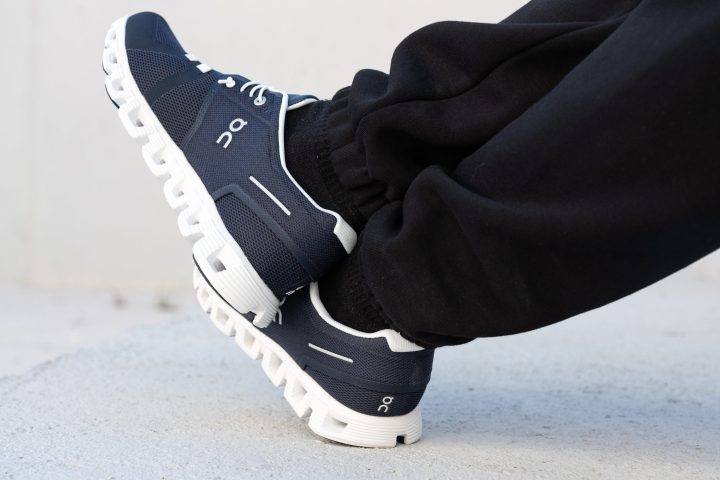
This footwear will cushion your feet in long airport lines, on sightseeing trips, and while meandering around your vacation spot.
Shoes for work
These models are meant for the workers of healthcare, food, and other essential industries. They typically come with a leather upper, which makes them hard-wearing and easy to maintain.
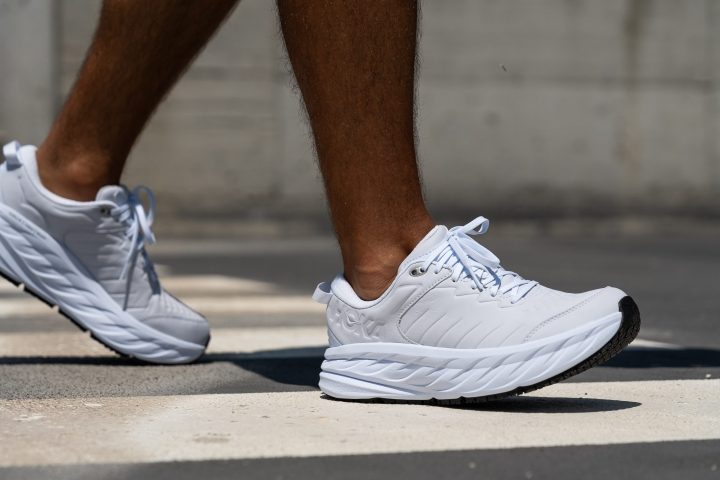
Some work shoes claim to have slip-resistant outsoles, which are meant for smooth and regularly wet surfaces like kitchen or hospital tiles.
But we don't take the brands' words for it and double-check each shoe's outsole traction on our own equipment. We follow the acclaimed SATRA TM144 protocol for measuring each shoe's coefficient of friction - the higher the measurement, the grippier the outsole.
Walking shoes for flat feet, plantar fasciitis, and other foot conditions
Do your feet have special needs?
Be it a diagnosed condition like diabetes or just periodic heel pain, your walking shoe should relieve discomfort and not aggravate it. Here are some general guidelines on what type of footwear to choose for various health issues:
Flat feet / Overpronation
Can you find your foot arch and pronation type in the pictures below?
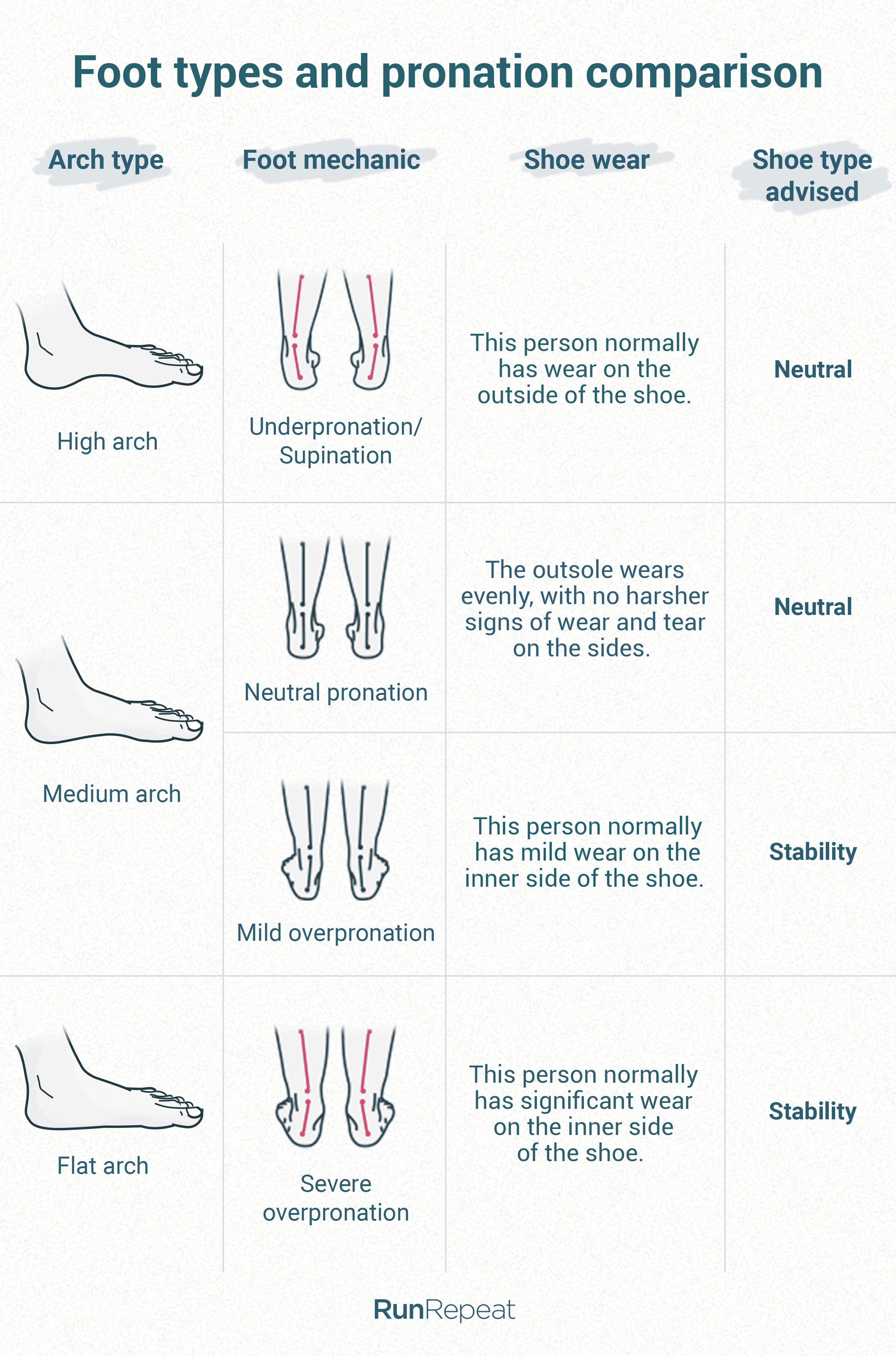
Do your shoes tend to wear out on the inner side much faster? Does it feel like your ankles are about to roll over the shoe's sole? If so, most likely you have flat feet and/or overpronation, and you need a pair of stability walking shoes.
Here is how these shoes help your feet and legs:
- Stabilizing components (internal or external) prevent excessive inward rolling of the foot.
- A stiff heel counter holds the heel and ankle firmly.
- A wide platform doesn't let the foot spill over the edge of the shoe.
We assess each shoe's torsional rigidity and heel counter stiffness in our lab. We also use a caliper to measure the widest parts of the sole.
*The table is sorted by the torsional rigidity score, where 5 is the stiffest.
Plantar fasciitis
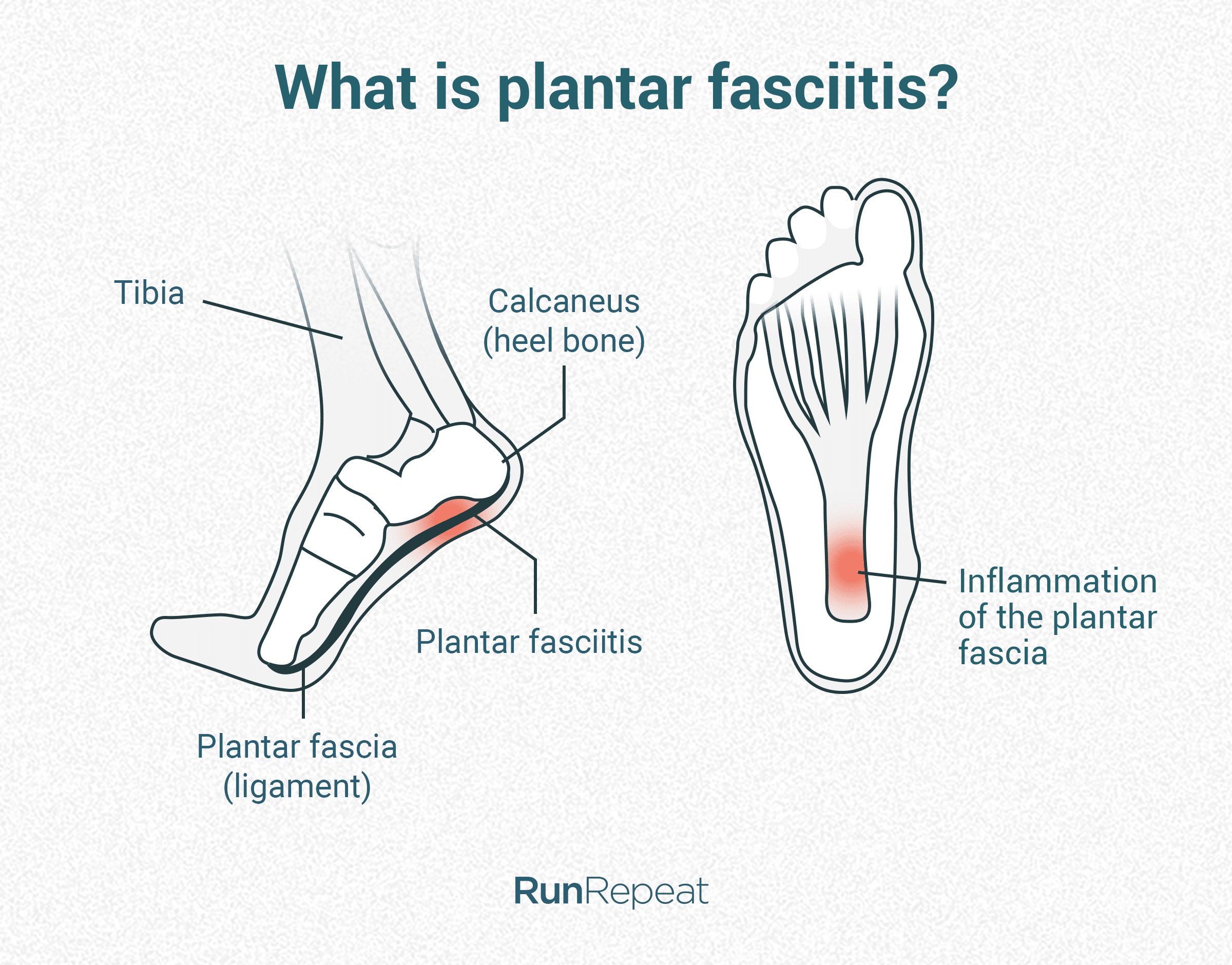
A perfect shoe for plantar fasciitis is going to have the following parameters:
- Good shock absorption: At least 100 SA by our standards.
- Moderately soft midsole: At least 20 HA by our standards. This means soft enough to protect the foot from the impact, but firm enough to prevent wobbling.
- A wide sole ensures stability and cushioning in the entire heel area.
- A stiff heel counter locks in the heel and ankle.
In our lab, we measure midsole softness, insole thickness, platform width, heel counter stiffness, and more to pick out the most suitable options for this painful foot condition. Here are the top-rated walking shoes that meet these criteria:
Wide feet and bunions
If a bony bump on the big toe joint wouldn't let you live, a walking shoe with the following characteristics will ease your pain:
- A spacious toebox doesn’t constrain the forefoot
- Flexible upper material stretches in the ball foot area
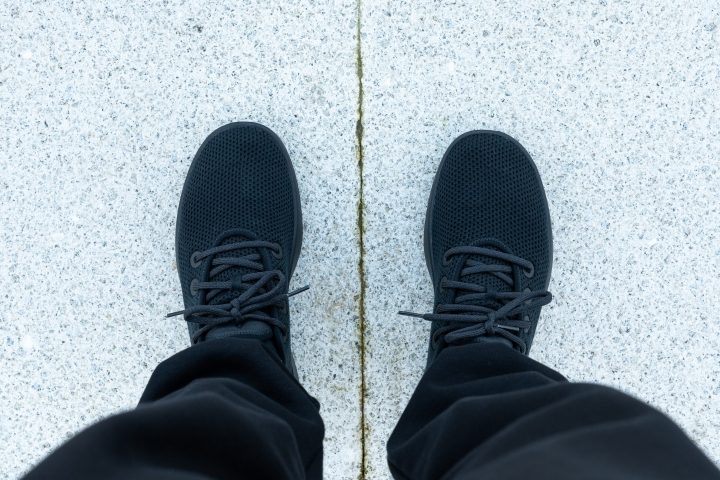
In addition to trying each shoe ourselves, we perform 3 lab tests to quantitatively describe the shoe's volume.
We fill shoes with special gel and freeze it to get a one-to-one mold of the shoe
Once the gel is ready, we perform 2 width measurements.
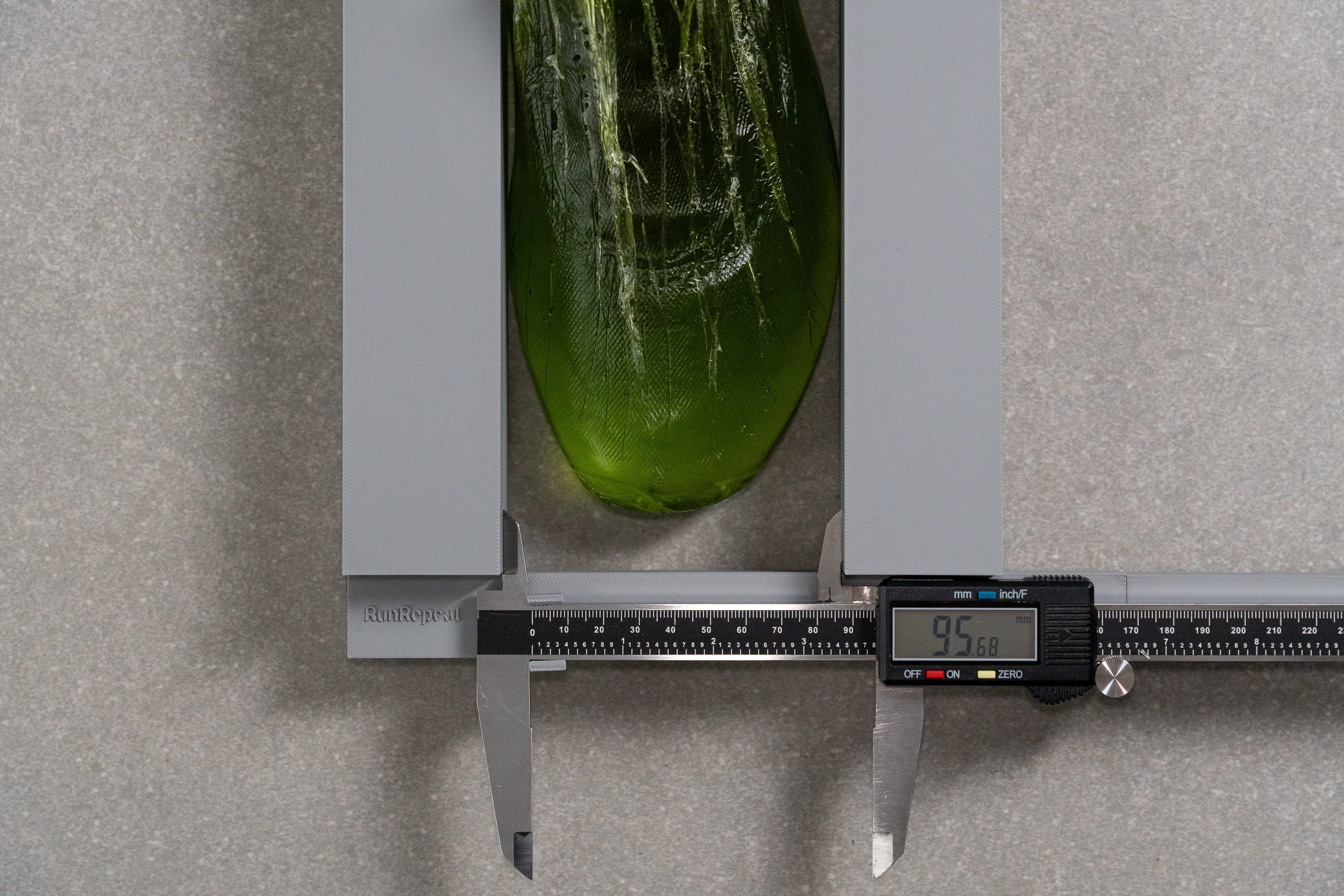
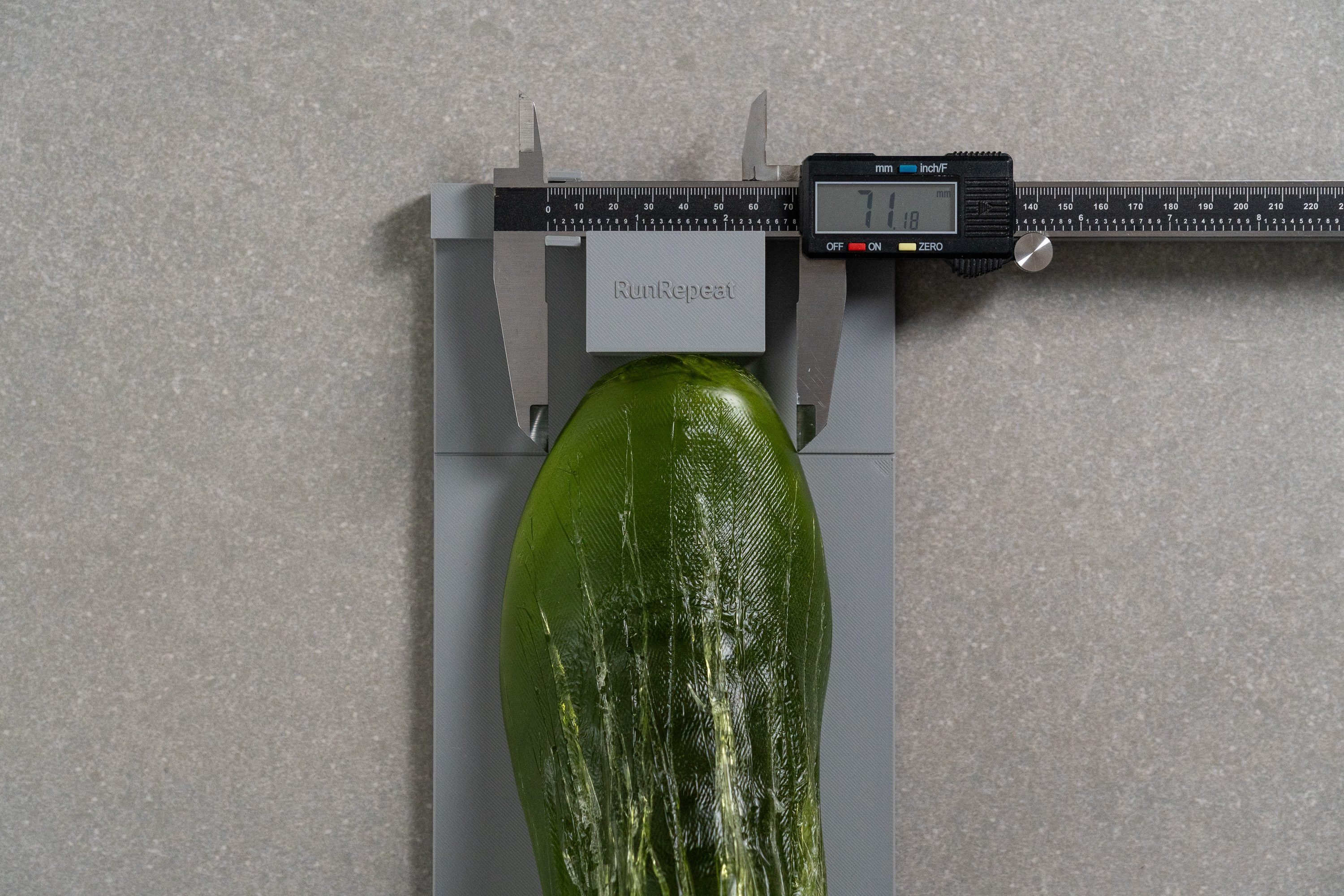
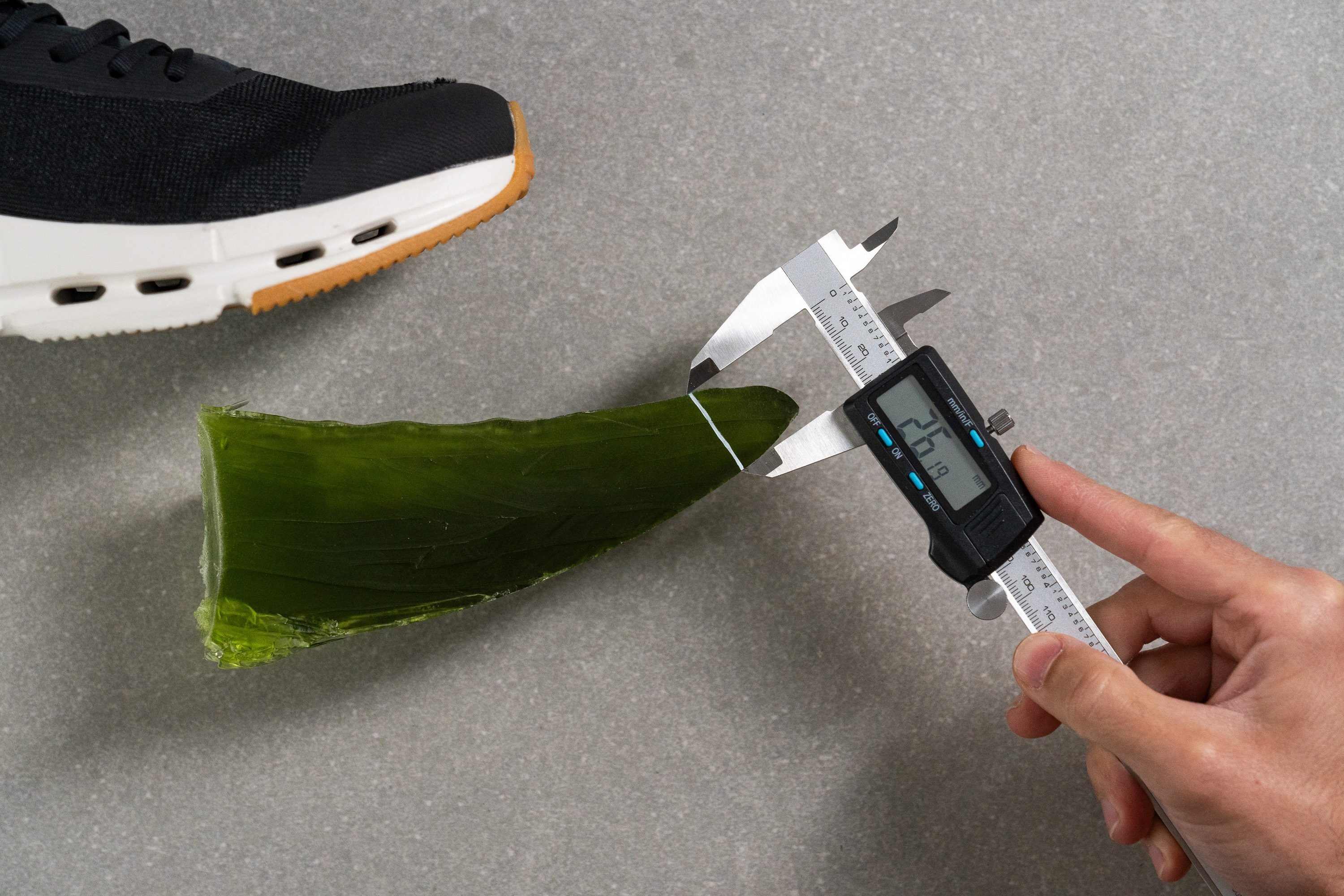
If you need more options, set the width filter to wide or extra-wide on this catalog page.
Heavy weight / Obesity
Heavy walkers are going to appreciate the following characteristics in their daily beaters:
- Firmer cushioning with higher shock absorption for great impact protection.
- Wider platform for stability and surefootedness.
- Roomy fit and toebox provide enough space for a larger foot.
Disclaimer: These recommendations are based on the general podiatrists’ advice and are not meant as a substitute for professional medical treatment.
Diabetes
Disclaimer: Because we are not qualified to recommend footwear for diabetes, we rely on the statements made by the brands themselves.
New Balance is among the most popular companies that have certified walking shoes for this condition.
From our experience, here is what makes these shoes eligible:
- Spacious toebox doesn’t cramp the forefoot and accommodates foot deformities, if any.
- A moderately soft midsole keeps the foot cushioned and ensures stable movement.
- Seamless interiors minimize any chance of chafing and blistering.
- Supportive midsole elements that don’t let the foot roll excessively.
These shoes are marked with an A5500 code, which makes them subject to compensation by Medicare.
What are the best shoes for walking on concrete all day?
Knowing how hard concrete can be on one's feet and footwear, we created a separate category of walking shoes meant for that surface. There are a few key characteristics that walking shoes must meet to get here:
- Good shock absorption (at least 100 SA)
- Thick outsole made of highly abrasion-resistant and thick rubber
*Outsole durability shows the depth of the damage left in the shoe's outsole after 22 seconds of Dremel drilling. A lower number means less damage and higher durability.
The process of testing outsole rubber durability with our Dremel.
Are running shoes good for walking?
Absolutely! We even have a selection of the best running shoes for walking for you to check out. In many ways, running and walking shoes are very similar as both are designed with repetitive forward motion in mind. A lot of beginner runners also start by interchanging jogging and walking and most running shoes accommodate that perfectly.
Just make sure that you are selecting from daily trainers and not speed- and performance-oriented running shoes. The latter have a peculiar design that makes them feel awkward and unstable on slower paces.
Lightweight walking shoes: pros and cons
Some walking shoes are so incredibly light that you even forget about having them on your feet!
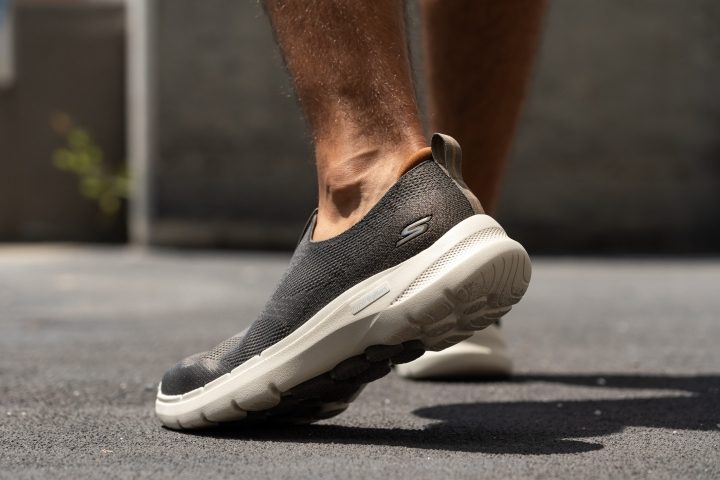
We keep track of shoes that weigh less than 9.2 oz (260g) in a men's US size 9 and keep them in a separate catalog of lightweight walking shoes. Here are some of the lightest ones on our roster:
Some of these shoes go as far as being minimalist or even barefoot-like. This footwear type is very unique and requires an adaptation period.
Overall, we think that lightweight walking shoes are irreplaceable if you are after the following:
- a sense of wearing no shoes at all, feeling very grounded
- easy on-and-off shoes for traveling by plane/train/bus
- flexible footwear that can be packed into a bag without taking up much space or adding weight
- $10-20 cheaper price tag than average
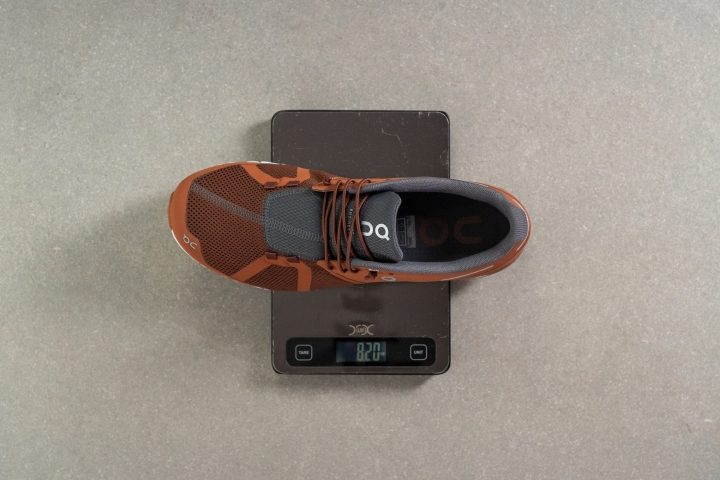
But there is a dark side to lightweight shoes too as they tend to have:
- Less cushioning. Based on our caliper measurements, the heel stack in lightweight walking shoes is about 3 mm thinner than the average.
- Less support. Shoes lighter than 9.2 oz (260g) typically have no supportive elements for the arch, are less torsionally rigid, and have more pliable heel counters which result in less stability overall.
- Poorer durability. Most of these shoes have no rubber outsole at all exposing the foam to faster abrasion. They also have more delicate upper materials and no protective overlays.
Choose the right upper material in walking shoes
The choice is simple:
- if you want a soft, light, and airy experience, choose knit or mesh uppers
- if you need a more supportive feel and longer shelf life, go for leather or suede uppers
Leather vs. mesh upper: difference in breathability
But there is just no doubt that leather and suede shoes beat their mesh counterparts in wear resistance. Below is the comparison between two shoes after the same Dremel test. For consistency, we apply the tool's sandpaper tip with the same speed (5K RPM) and pressure (3.2N) to all walking shoes for 12 seconds.
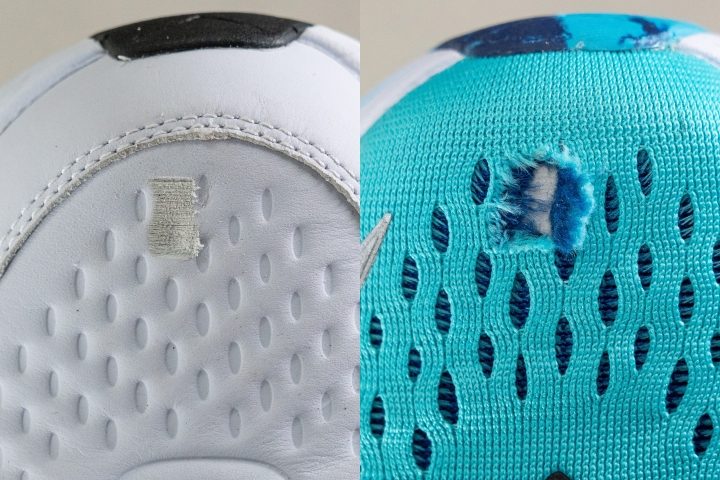
If you are not a fan of leather shoes, there are alternatives with extra sturdy and tightly woven textile uppers.

